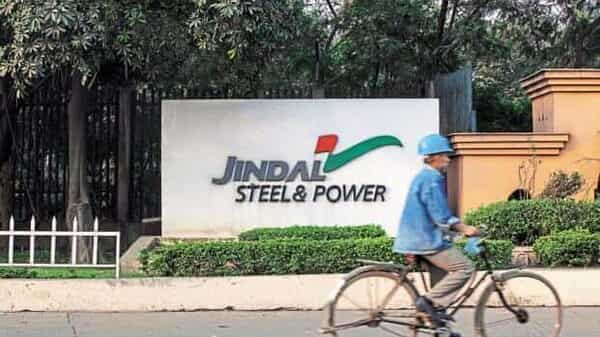[ad_1]
Jindal Steel and Power (JSP) on Wednesday signed an agreement with clean energy player Greenko for the supply of 1,000 MW green power.
The development is in line with its goal to become a net zero steel company by 2035, said a company statement.
As part of the memorandum of understanding (MoU), Greenko will supply the clean power for its steel making operations at Angul, Odisha, the company said in a statement.
The proposed 1000 MW carbon free energy is targeted to meet the existing and incremental power demand at the Angul facility.
“The move aimed at reducing CO2 emissions in line with ESG goals. Green energy use to ensure reduction of approximately 7 million tonne CO2 annually at Angul, Odisha,” it said.
As per a statement, Greenko will assist JSP in design of the comprehensive energy solution — including the design & development of the associated renewable energy capacity, identification of potential strategic investor(s) for the RE capacity and making available energy storage capacity.
As part of the proposed transaction, Greenko Group shall offer energy storage capacity from its Off-Stream Closed Loop Pumped Storage Project (OCPSP) under development in Madhya Pradesh and Rajasthan.
“We already have Green Hydrogen ready DRI units present at Angul using syngas. This collaboration with Greenko is aimed at re-affirming our commitment towards our sustainability goals. The proposed power supply solution will significantly reduce the carbon emission at our Angul facility and help set a benchmark in the Indian steel industry. We are confident that we will be able to create significant value out of this sustainability initiative,“ said Bimlendra Jha, Managing Director, Jindal Steel and Power.
“Industrial de-carbonization is one of the biggest opportunities for companies and countries around the world and Indian corporates have been taking the lead in adopting the same. Increasing the use of carbon-free energy will not only reduce the carbon footprint of core industries in India but will also be a key differentiator in the global markets“, said Anil Chalamalasetty, Founder, Managing Director, Greenko.
Meanwhile, the European Union is moving to impose a tax on imports with greater carbon intensity than is allowed in certain energy-intensive domestic industries.
In December last year, Mint had reported that Indian steel and aluminium makers are working to reduce their carbon footprint through measures such as moving away from coal and requisitioning more green power.
The EU Commission is pushing for the world’s first carbon border tax on imported goods. It plans to levy the tax in a phased manner from 2026.
A carbon border tax is a tax on carbon emissions imposed on imported goods from countries with less strict climate policies. It aims to create a level playing field between imports and domestic production.
The tax aims to ensure that non-EU firms exporting to the EU pay the same price for their carbon footprint in Europe as EU firms do. Thus, through the carbon tax, the EU intends to bring the level of taxes on imports on par with that for local companies for green compliance.
Download The Mint News App to get Daily Market Updates & Live Business News.
[ad_2]
Source link
John Miller has been writing about science, gaming, and tech culture for over a decade. He’s a top-rated reviewer with extensive experience helping people find the best deals on tech and more.

